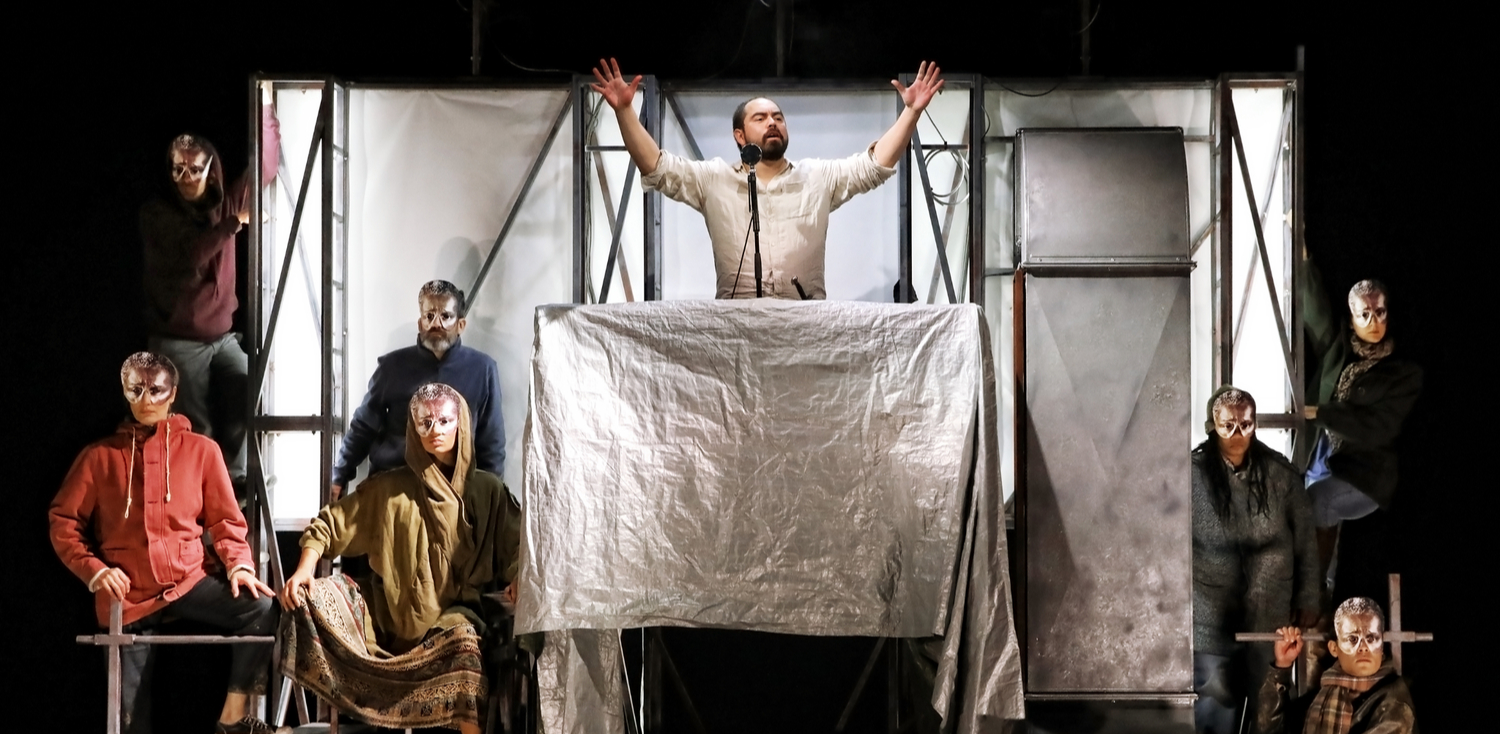By Andy McLean MIML | Photo by Prudence Upton
Modern-day managers and leaders can learn a huge amount from the epic plays of William Shakespeare.
Here are just five lessons:
1. Bring your people with you
Shakespeare’s Julius Caesar is a military and political leader who has begun to believe his own publicity. He claims he is ‘constant as the northern star’ and his success to date makes him think his decision-making is infallible. Caesar’s failure to listen (to his Senate peers, his wife, a Soothsayer and others) proves fatal.
Leadership lesson: It can be lonely at the top – but it doesn’t have to be. By definition, a leader is someone who brings people with them. In business, that means taking time to consult with stakeholders and explain the reasons for decisions.
2. Take time to recognise people’s achievements
The Percy family literally risks life and limb to support Henry Bolingbroke’s battle to become King Henry IV. But, once in power, Henry is distracted by new priorities. He neglects his former allies and disregards their contribution to his success. This oversight almost costs Henry IV the crown when the embittered Percys later raise an army against him.
Leadership Lesson: In today’s market, where change is constant and time is short, it’s tempting for leaders to focus solely on the challenges ahead. But it’s essential to pause occasionally and recognise the achievements of individuals and teams. Rewarding the right behaviour helps to role-model the organisation’s values, foster loyalty and propel people to even greater heights in the future.
3. Give your people purpose beyond profit
In The Merchant Of Venice, everyone is consumed by the pursuit of wealth. There’s Shylock lending money, Antonio wheeling and dealing, Bassanio hustling to raise funds – and Lorenzo even wooing Jessica with one eye on the till. All of Venice’s most influential people are clamouring for cash and a toxic culture infects the city. Bell Shakespeare’s James Evans, who facilitated a Leadership In Action workshop, points out: “In one of the best opening lines of a play ever written, Antonio says: ‘In sooth, I know not why I am so sad’. He’s got everything that money can buy, but he’s still not content.”
Leadership lesson: When it comes to work, money is not the be all and end all – and your workforce knows that. As a leader, people will only follow you if you can articulate a purpose beyond profit.
4. Show empathy to inspire your people
On the eve of the Battle of Agincourt, King Henry V and his army know they are outmanned and outgunned by their enemy. Henry spends the night in disguise, listening to his soldiers’ hopes and fears. The next morning, before the fighting starts, Henry delivers a motivational speech that unites and emboldens his people, including the immortal lines: ‘We few, we happy few, we band of brothers; For he today that sheds his blood with me/Shall be my brother’.
Leadership lesson: If you know what makes your people tick, then you can help them achieve extraordinary things. Use surveys, forums and informal feedback to gauge the mood of your staff. Incorporate what you’ve learned when you communicate with your people. And never underestimate the power of public speaking!
5. Plan your succession carefully
Shakespeare wrote that, ‘All the world’s a stage, and all men and women merely players, They have their exits and their entrances’. Time and again, his plays remind us that – no matter how great the leader – their tenure is only temporary. Yet too often, those leaders fail to ensure a smooth handover of power. Rome is plunged into civil war because there is no prearranged Plan B after Julius Caesar falls, and King Lear pays a bloody price for leaving his kingdom in the hands of his two devious daughters.
Leadership lesson: Ultimately, it must be a leader’s mission to leave their organisation in a better position than when they found it. That means always keeping an eye on the long term and identifying the right talent to lead in the future.
On stage near you
Bell Shakespeare’s national tour of Much Ado About Nothing continues across Australia until 24 November. Their production Titus Andronicus will be staged in Sydney in August and September.
About the author
Andy McLean MIML is the Editorial Director of Leadership Matters magazine.



